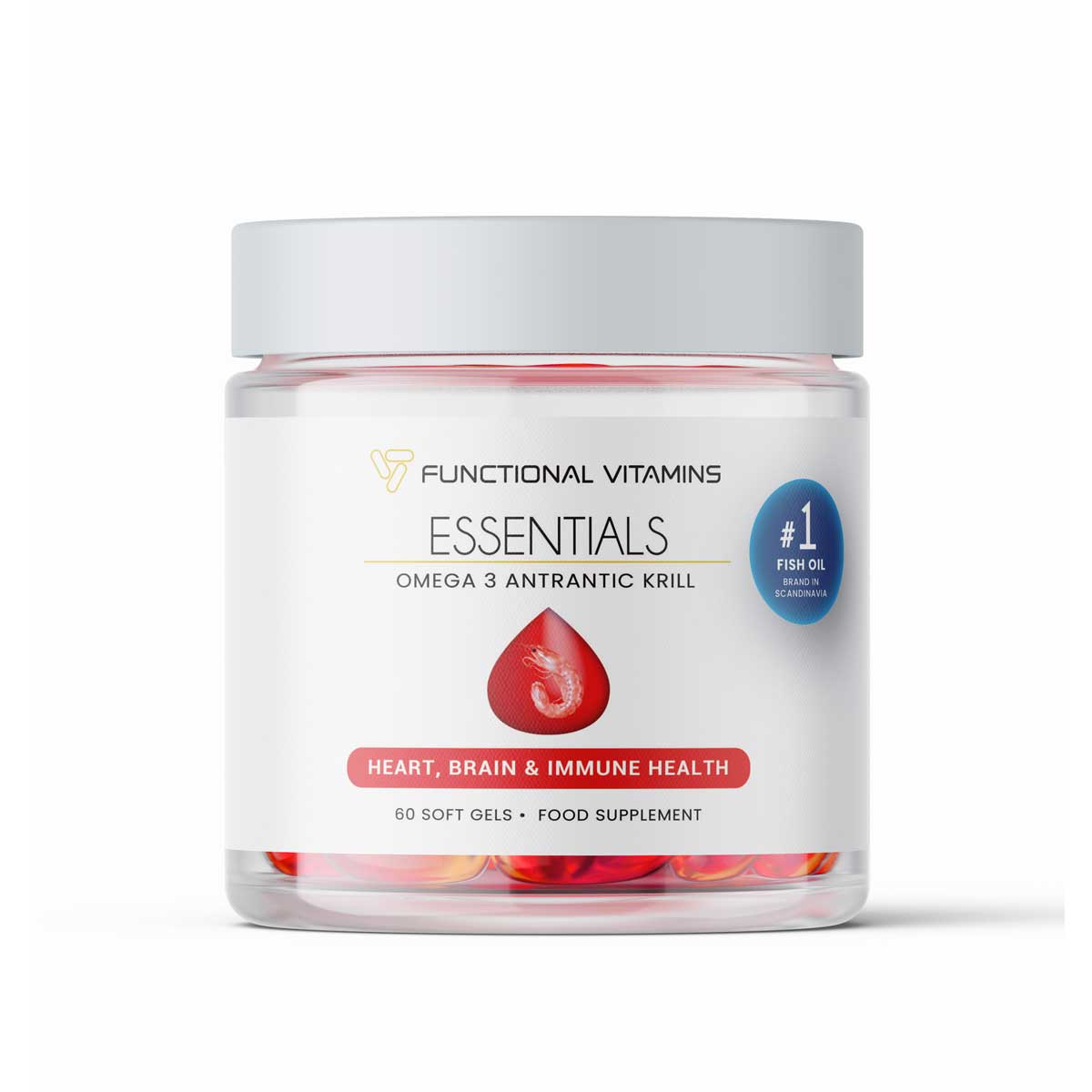In today’s fast-paced work culture, stress has become an unwelcome constant. It’s sneaky, creeping up during intense workdays, meeting deadlines, and juggling countless tasks. Most of us wear stress like a badge of honor, a symbol of dedication to our careers. But, underneath it all, stress is far from a status symbol—it’s a silent thief, gradually stealing away our health, happiness, and energy. If left unchecked, chronic stress can wreak havoc on your physical and mental well-being.
In this post, we’re diving into the world of workplace stress—what it is, how it impacts your health, and, most importantly, how you can take back control.
The Stress Tsunami: A Familiar Tale
Picture yourself at your desk, drowning in a sea of emails, meetings, and to-do lists. You’re juggling calls, notifications, and deadlines, all while your mind races at a million miles per hour. Before you know it, you feel like you're swimming against an ever-rising tide of stress. This is what I like to call "The Stress Tsunami."
This isn’t just a metaphor—when stress strikes, your body reacts. It triggers the "fight or flight" response, a primal instinct that dates back to our caveman ancestors. When our brain senses danger (even if it’s just a looming deadline), it signals the adrenal glands to release stress hormones like adrenaline and cortisol. Your heart starts to race, your breathing quickens, and your muscles tighten, preparing you for action.
It’s as if your body is gearing up for a life-or-death situation, but in reality, you’re just rushing to finish a report. This constant state of tension isn’t doing you any favors. Chronic stress, over time, can wear down your body and mind, leading to a multitude of health issues.
Why Stress is a Silent Killer
Stress isn’t just about feeling overwhelmed—it has serious long-term effects on your health. Prolonged exposure to stress can weaken your immune system, making you more vulnerable to illness. It increases your risk of developing heart disease, strokes, and even accelerates the aging process.
Ever notice more wrinkles or grey hairs when you're going through a particularly stressful time? That’s no coincidence. Chronic stress shortens telomeres—the protective ends of chromosomes—which leads to cellular aging. In simpler terms, stress can literally make you older.
Sleep deprivation is another major consequence of chronic stress. Those sleepless nights spent tossing and turning, replaying the day's events over and over in your head, leave you exhausted and irritable. The lack of sleep weakens your resilience, making you even more susceptible to the pressures of work, creating a vicious cycle of stress and sleeplessness.
According to the American Psychological Association, chronic stress is linked to six of the leading causes of death, including heart disease, cancer, lung ailments, accidents, cirrhosis of the liver, and suicide. This underscores just how dangerous unmanaged stress can be.
Is Multitasking Making You Sick?
Multitasking has become synonymous with productivity in the modern workplace. But is it truly as effective as we think? Not quite.
Studies show that multitasking doesn’t make us more efficient—it makes us more distracted and prone to mistakes. Each time you switch between tasks, your brain has to recalibrate, which drains your mental energy. The result? You feel scattered, and before you know it, the stress starts to build.
Multitasking doesn’t just take a toll on your brain—it impacts your body too. Hunched over your laptop, neck tight from glancing between screens, eyes straining from answering emails while reading reports—it all adds up. Prolonged poor posture and tension from multitasking contribute to back pain, headaches, and other physical ailments.
In fact, a report by Stanford University found that multitasking decreases productivity by up to 40%. That’s not the boost you’re hoping for, is it?
Taking Back Control: How to Manage Stress Effectively
The good news is, it’s possible to break free from the vicious cycle of stress and reclaim your peace of mind. Here’s how:
-
Prioritize Mindfulness Mindfulness practices like meditation and deep breathing are proven stress busters. Even taking five minutes during your lunch break to sit quietly and breathe deeply can lower your heart rate and help center your thoughts.
-
Set Boundaries One of the best ways to reduce stress is learning to say no. When your to-do list is overflowing, it's okay to tell your boss or colleagues that you can’t take on additional tasks. Setting boundaries prevents burnout.
-
Declutter Your Work Environment A cluttered desk is often a reflection of a cluttered mind. Spend a few minutes at the end of each day organizing your workspace. The physical act of tidying up helps clear mental space, reducing feelings of overwhelm.
-
Unplug Limit the constant influx of emails and notifications by turning them off during periods of deep work. Schedule specific times to check messages instead of responding the moment they pop up. This helps you stay focused on one task at a time.
-
Move Your Body Physical activity is one of the most effective ways to combat stress. Take breaks throughout your day to stretch, go for a short walk, or do a quick workout. Exercise helps release built-up tension and floods your body with endorphins, those feel-good hormones.
-
Get Enough Sleep Don’t underestimate the power of rest. Sleep is when your body recovers from the day’s stresses. Aim for 7-9 hours of quality sleep each night to keep your stress levels in check.
The Takeaway
Stress at work doesn’t have to be an inevitable part of life. With the right strategies, you can regain control over your stress and prevent it from taking over your health and well-being. It’s time to put yourself first and make stress management a priority.
Take charge now—don’t wait until stress steals your health, happiness, and future. A balanced life is within your reach. Start today, and watch as the clouds of stress clear from your path to success.












Leave a comment
This site is protected by hCaptcha and the hCaptcha Privacy Policy and Terms of Service apply.